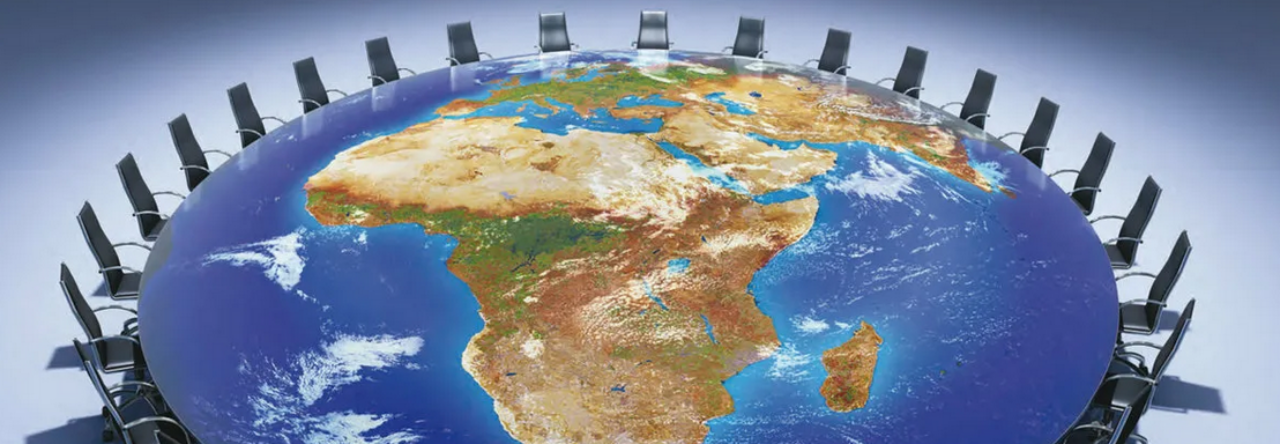Episode 2 (10:00 – 18.11)
Before you watch:
1. Study the following words and phrases
At loggerheads with smb – in strong disagreement
To cough up for smth – to give money unwillingly (infml)
To push the boat out – to spend a lot of money on enjoying yourself or celebrating somethiong
2. Study the information on the following
Matthew Rycroft CBE* – was Permanent Secretary at the Department for International Development from 22 January 2018 to 16 March 2020, now is the Permanent Secretary at the Home Office. For more information follow the link https://www.gov.uk/government/people/matthew-rycroft
While you watch:
Watch the film and be ready to answer he following questions:
1. What are the permanent members of the Security Council?
2. On what issues are Britain and Russia at loggerheads?
3. What is the purpose of a private breakfast given by Matthew Rycroft?
4. What issue is top of the agenda of the breakfast?
5. According to Stephen Hickey (political counselor, UK Mission), on what terms can Britain invest in rebuilding Syria?
6. Karen Pierce suggests a different angle to Boris Johnson’s question ‘Can we envisage any kind of investment in the rebuilding of Syria whilst Assad is on the throne?’ How then should the question be turned?
7. What were the results of Boris Johnson’s meeting with Sergei Lavrov?
8. According to Boris Johnson, are international relations dependent on interpersonal ones?
After you watch:
Discuss the following points
· Karen Pearce repeats the phrase “The West is not going to pay for the rebuilding of the country Russia has ruined?” Do you think this same phrase would be uttered in the presence of the Russian Foreign Minister? Why (not)?
· Focus on the arguments of the British side on the issue of Syria and think of how to refute them
· Imagine that you are Russian counsellors briefing the Russian Foreign Minister. Brainstorm for ideas to support the Russian line.
*CBE – Commander of the British Empire, an award given in Britain to some people for special achievements, such as contributions to the arts and sciences, work with charitable and welfare organisations, and public service
